As soon as the details emerged of the Friday attack in Tehran that killed Mohsen Fakhrizadeh, the chief of Iran’s nuclear weapons program and a Brigadier General in the Islamic Revolutionary Guard Corps (IRGC), questions began to swirl about how this could happen. As I reported, the brazen daylight ambush reportedly involved a dozen well-trained attackers, and likely scores of support personnel – within miles of downtown Tehran.
All the attackers miraculously escaped. To some experts, the attack appeared to have elements of being an inside job.
The IRGC’s Security Force, or Close Protection Unit, not the military, assigns bodyguards and security officers to top military and civilian officials. These successful attacks may be aimed not only at their intended targets but also at the credibility of the IRGC.
This targeted hit followed another similar attack a week earlier that gunned down al-Qaeda’s second-in-command protected by the regime just outside Tehran. Friday’s attack was also followed shortly thereafter by a reported attack on an IRGC commander inside Syria.
Beyond these major hits, notes Reuters, the regime has suffered two other significant security lapses in 2020 – “the theft of Iran’s nuclear archive and a fire at a nuclear facility this year that some Iranian officials blamed on cyber sabotage.”
SEE ALSO: Iranian Explosions and Fires – Foreign Attacks or Internal Sabotage?
While many in the regime quickly pointed to Israel as the likely culprit behind the attack, perhaps with covert or tacit U.S. support, others noted that even these parties could not pull off such brazen assault without inside help. The speed with which details of the attack spewed out of the otherwise tightlipped regime, also pointed to actors trying to embarrass the security services.
SEE ALSO: Why Are Top Democrats Condemning the Attack That Killed Iran’s Nuclear Weapons Chief?
Meanwhile, the regime created a fanciful counter-narrative that involved highly sophisticated remote-controlled machine guns without any live shooters on the ground.
Henry Rome, senior analyst with Eurasia Group said in Reuters, “We have no idea whether these reports of a satellite-controlled-truck-mounted-machine-gun are true, but they serve two key purposes for Tehran: trying to deflect embarrassment by portraying the assassination as remarkably sophisticated; and showing how quickly they can crack the case.”
And now some senior Iranian defense and security leaders are publicly admitting that the regime’s security services could be infiltrated.
Reuters reported that Commander Hossein Dehghan, a former defense minister, told state television Fakhrizadeh had been killed because of “infiltration into Iran’s security structure.”
An Iranian security official told Reuters that “His assassins obviously operated based on detailed intelligence about martyr Fakhrizadeh’s movements.” The unnamed official added:
It is clearly a security weakness and many questions should be answered. We should know whether there are spies among security people and locate the leak. This is essential for us.
However, many experts believe the question seems to be not if the theocratic regime’s security services have been compromised, but by whom? And what is their end game?
The opinions expressed by columnists are their own and do not necessarily represent the views of AmericanActionNews.com.


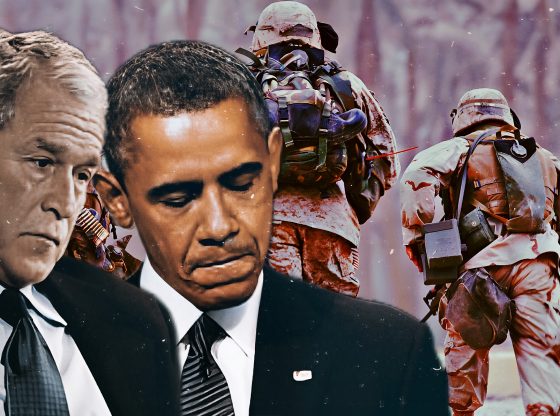

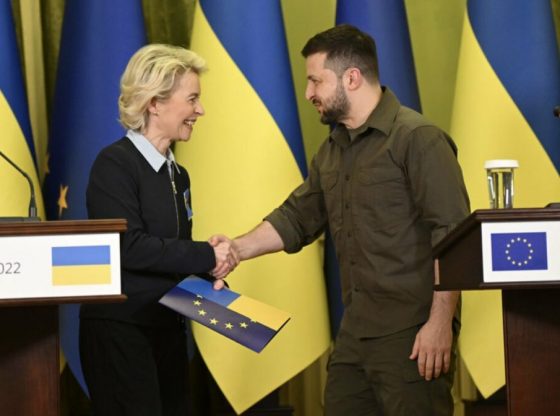
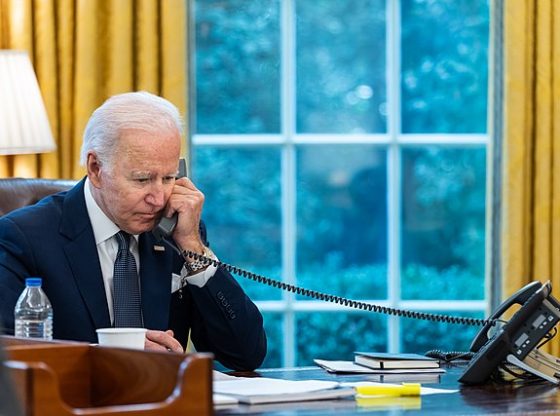
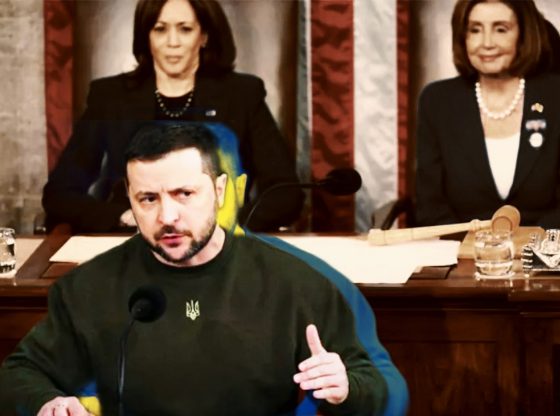

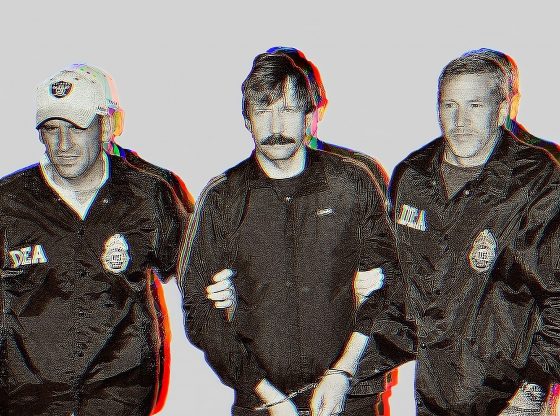






The regime is evil, so the less of them the better. Ideally the populace will rise up, but that’s a longshot. Europe falls all over the mullahs trying to curry favor. Truly sickening after all of Iran’s bad behavior. Chamberlain-style appeasement won’t work with this scum. Only brute force will work. Thank God for Israel.
The Iranian regime has a lot of enemies. Both internal and external. And the internal ones if they won’t betray them for free can be bribed if they want the money.